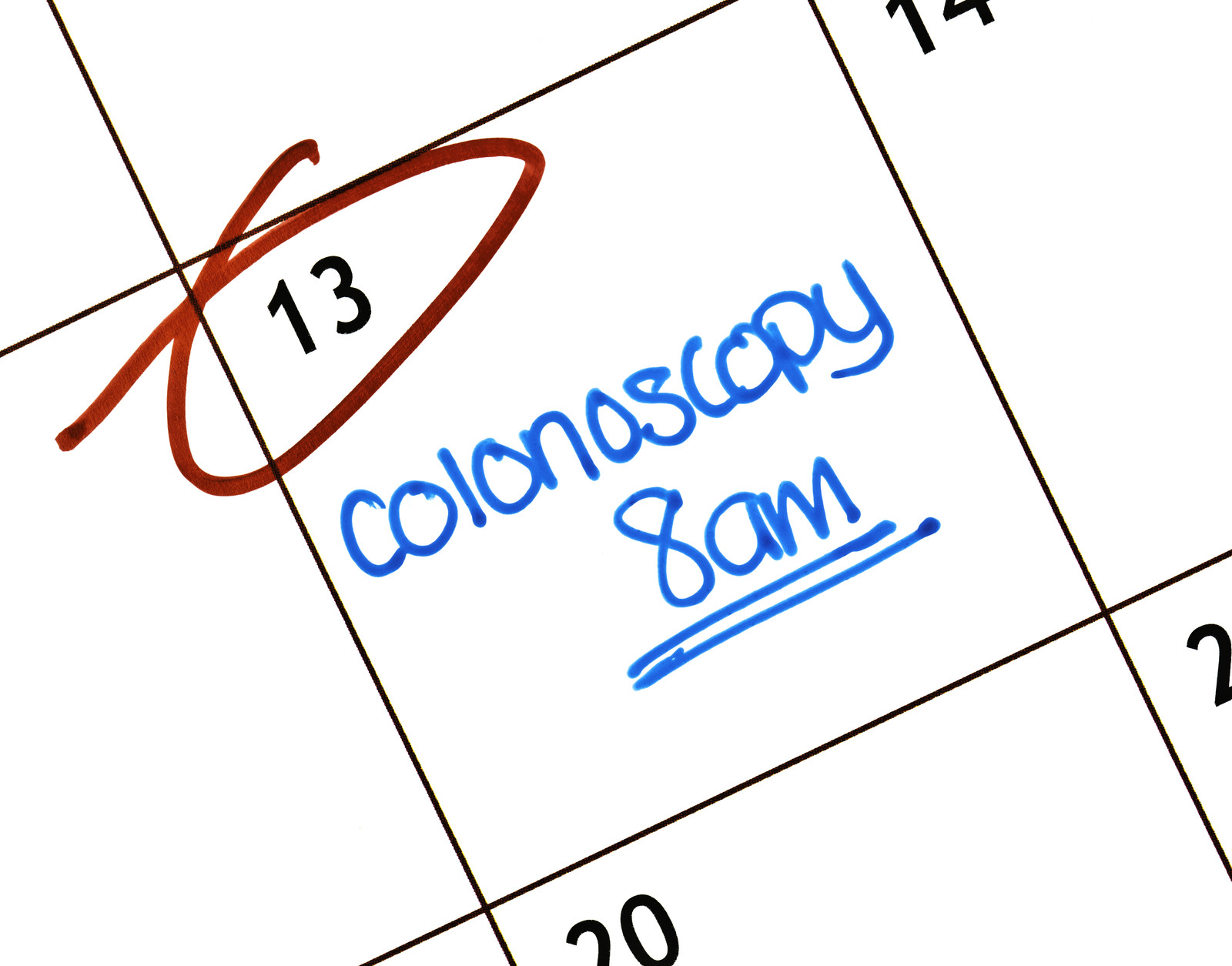Preparing for a Colonoscopy?

When your doctor says the word “colonoscopy,” do you want to bolt out the door and never come back? If so, you’re not alone—it’s natural to feel anxious about getting a colonoscopy.
But it’s also important to remember why colonoscopies are so important. Colon cancer is the third most common cancer in the U.S., and being screened regularly for colon cancer can potentially save your life. Colonoscopy is one of the recommended screening procedures to detect the disease. Talk with your doctor to find out if a colonoscopy is recommended for you.
Colonoscopy Basics
A colonoscopy is a diagnostic procedure that allows a doctor (generally a gastroenterologist) to look inside your colon and rectum. The doctor uses a colonoscope—a long, thin, flexible tube with a camera and light—to look inside the intestine for irritated tissue, ulcers, and abnormal growths, such as polyps and cancer.
The US Preventive Services Task Force recommends that most healthy people start getting colonoscopies at age 45. You may need a colonoscopy at an earlier age if you have a family history of colon cancer or polyps, or if you experience changes in bowel habits or symptoms such as abdominal pain or rectal bleeding. After the age of 75, your doctor will help determine if you still need colonoscopies based on your past history.
Prepping for the Procedure
Before your colonoscopy, you will be asked to “prep” for the exam. This usually means making changes to your diet and taking medicine (tablets or liquid) to clean out your colon, so it’s easier for the doctor to see during the procedure.
Your doctor may give you specific instructions on how to do this. Before you start, make sure to mention all the medications you’re currently taking. Your doctor will let you know which ones you should stop and which you should keep taking before the prep.
You’ll probably start the prep by limiting your diet to clear soups, tea, Jell-O, and clear beverages. Your doctor will let you know when you should stop eating and drinking before the colonoscopy.
Your doctor will also tell you when to take a laxative tablet or liquid to help remove any stool in your colon. When you’re taking this medicine, it’s a good idea to be at home, because you may have diarrhea and need to use the bathroom frequently. It’s important to follow your doctor’s directions and drink lots of clear fluids to avoid dehydration. A few hours before the procedure, you will need to stop drinking all liquids.
During the Procedure
Just before your colonoscopy, you may be given a sedative (or pain medication possibly) to help you relax and make you comfortable. Then while you are lying down on a table, your doctor will carefully guide the colonoscope into your rectum and colon, while watching a video image on a monitor. Because of the medication, you should not feel any pain during the procedure and you may not remember anything afterwards.
Many people have small growths in their intestines called polyps. While most of these polyps are harmless, some can turn into cancer. If your doctor sees any polyps, he or she may remove them for testing. Your doctor may also take small samples of tissue for testing too.
The whole procedure usually lasts about 30 to 60 minutes.
After the Procedure
You may feel crampy or bloated for about an hour. You’ll probably stay in the recovery area for a couple of hours while you wake up and wait for the sedative to wear off. It’s important to have someone drive you home, as it may not be safe to drive yet.
If your doctor removed any polyps or tissue samples to test, you may have a little bleeding from the anus, which is normal. Make sure to ask your doctor when you will get results from the lab.
Generally, you should fully recover by the next day and be able to resume your usual diet.
While serious problems from colonoscopies are unlikely, get medical care right away if you have:
- Severe pain in your abdomen.
- Fever.
- Ongoing bleeding or bloody bowel movements.
- Dizziness or weakness.
